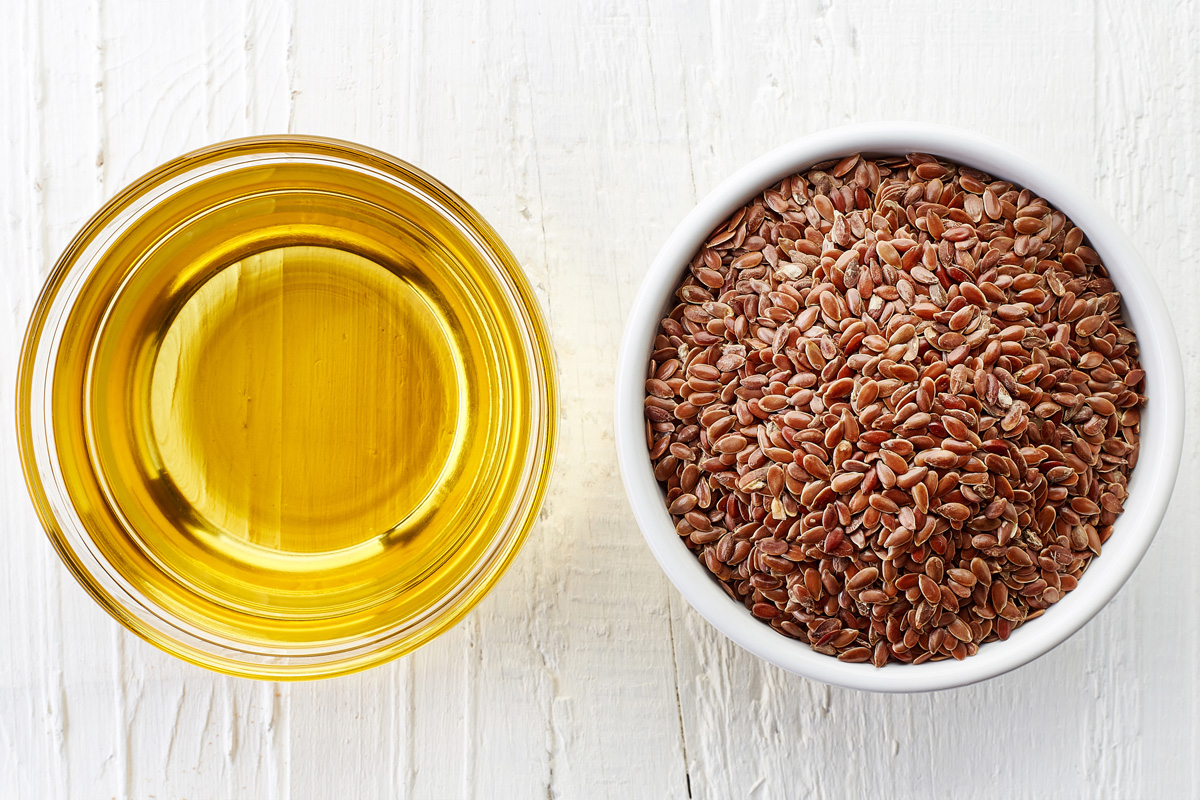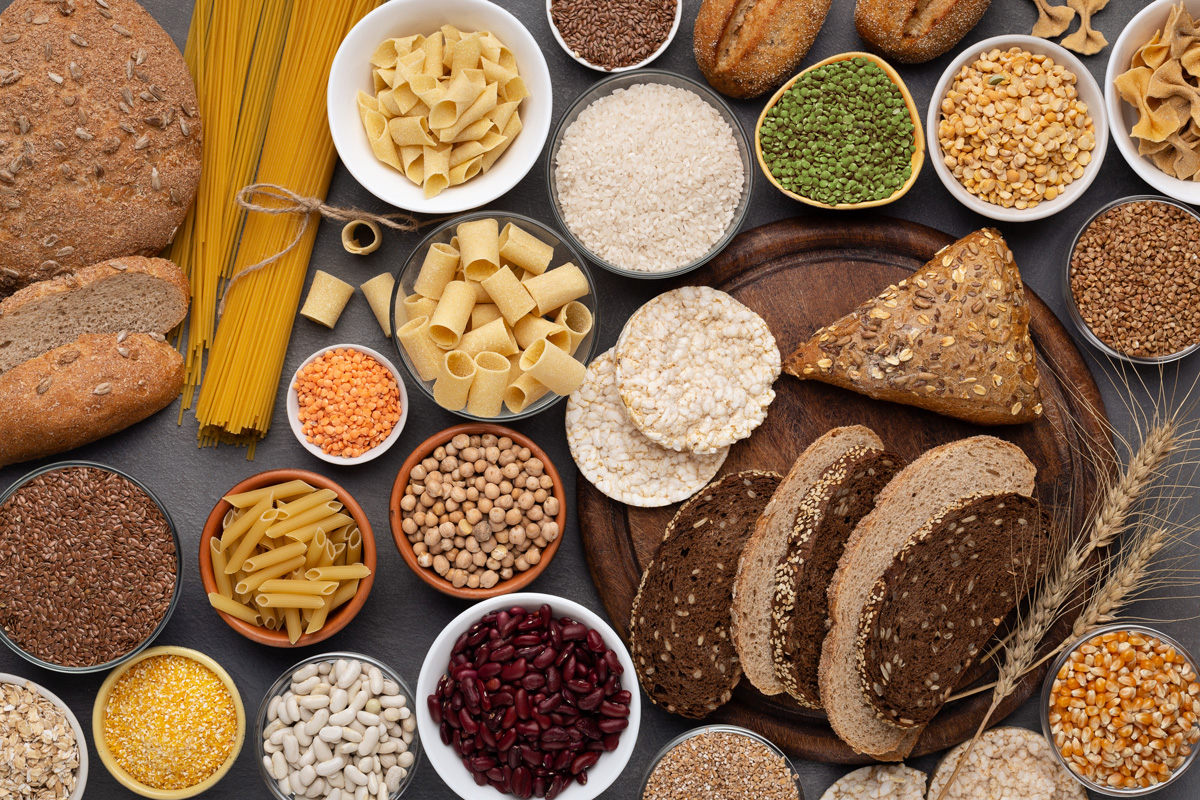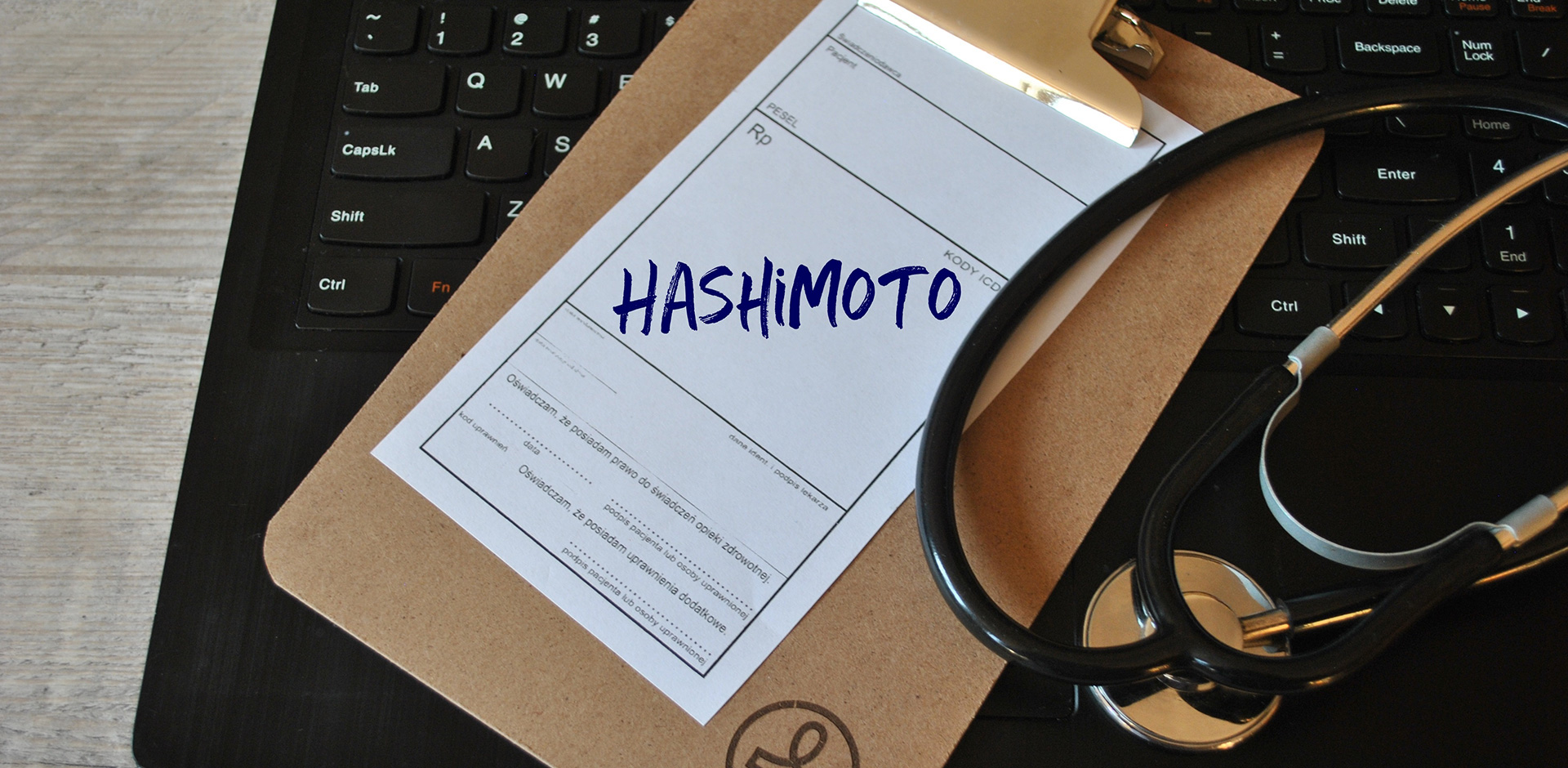Hashimoto's disease is the most common autoimmune disorder and the cause of hypothyroidism. Women are 8-10 times more likely to have it; diagnosis is mainly of childbearing age, although the disease begins more often in childhood. An important role in the development of this disease is played by nutritional factors, so an important element in treatment is a properly balanced diet. The purpose of this article is to discuss the proper diet for people with Hashimoto.
What is autoimmune disease?
A properly functioning immune system protects us against the harmful effects of viruses, bacteria and parasites. However, sometimes there is a situation in which the immune system ceases to distinguish between foreign and private and begins to attack itself. In short, an autoimmune disease means an attack of the immune system on one's own tissue or organ. During the reaction of the immune system, antibodies are produced that allow you to identify a harmful foreign substance. In autoimmunity, antibodies are produced against tissues and the target is the body. Hashimoto's disease is a condition in which antibodies against thyroid peroxidase and thyroglobulin are produced, which leads to atrophy of the thyroid follicular cells and subsequent hypothyroidism.

Symptoms that may herald the beginning of the disease's development or signal its existence:
• constant tiredness,
• drowsiness,
• common colds, infections - generally low immunity,
• hair loss, weak nails,
• problems with concentration, memory,
• miscarriages or being unable to get pregnant ,
• frequent mood swings, depression,
• intestinal problems - mainly constipation,
• pain in muscles, joints,
• weight changes for no apparent reason.
Virtually every cell in our body has receptors for thyroid hormones, so it plays a huge role for our health. Very often this organ is called the "queen of metabolism". Due to its key role in the functioning of the body, thyroid disorders are characterized by systemic symptoms.
Reasons for the development of Hashimoto
It is believed that the development of the disease is influenced by genetic predisposition, but also environmental factors - stress, viral infections, smoking, nutritional elements - a deficiency of selenium, zinc, excess iodine. Our genes load weapons, but diet and lifestyle pull the trigger. The disease can develop when an environmental factor activates the genes. By changing our diet, caring for our health, we can prevent the disease from revealing. However, once it has appeared, we still have the chance to put it into remission, i.e. to silence the accompanying symptoms.
Nutrition tips
In Hashimoto patients, in addition to drug therapy, it is recommended to adjust the appropriate nutritional regimen. A proper diet helps to alleviate the symptoms of the disease, and also prevents malnutrition, while supporting the maintenance of adequate weight. Poorly composed, deficiency menu can slow down the thyroid gland, which is manifested by increased TSH or exacerbation of symptoms. The diet should consist of 4-5 meals consumed at regular intervals.
In people with hypothyroidism due to the role of hormones in the regulation of metabolism, a decrease in resting metabolism is observed, which in turn can lead to an increase in body weight. The key element is the individually selected calorific value taking into account the lifestyle, as well as physical activity.
It is also worth paying attention to adequate intake of water as well as fiber (e.g. linseed, nuts and grains, whole wheat bread, vegetables, apples, pears) due to frequent problems with intestinal peristalsis in patients with Hashimoto.
Protein
In dietary recommendations, protein should constitute 15-25% of daily demand. Protein products contain tyrosine, which is an essential amino acid for the synthesis of thyroid hormones. It is worth relying on wholesome unprocessed animal sources (meat, sea fish - especially fatty fish, eggs), as well as products of plant origin

Fat
The quantity and quality of fats consumed is important. Their proper participation in the diet is important for the absorption of vitamins soluble in them. It is worth focusing mainly on the supply of fats containing unsaturated fatty acids, with an emphasis on polyunsaturated fatty acids from the omega-3 family. They have anti-inflammatory properties and also support the transformation of T4 into T3 hormones in the liver, sensitizing tissues to thyroid hormones. The main source of omega-3 is sea fish, olive oil, linseed oil, black seed oil, linseed.

Carbohydrates
Carbohydrates used in the diet should have a low glycemic index and come mainly from cereal and whole grain products, as well as from vegetables and fruits. These products are recommended to provide dietary fiber, which promotes weight reduction and regulates intestinal peristalsis.

Vitamins and microelements
People affected by Hashimoto's disease are characterized by significantly lower absorption of minerals and vitamins from food, which may result in their significant deficiencies. The key to the proper functioning of the body and reducing inflammation is a proper and balanced diet. When designing a nutrition plan, pay attention to the presence of minerals and vitamins necessary for the thyroid gland, and sometimes consider supplementation.
Optimizing your diet and lifestyle are the most important steps to heal your thyroid gland, but proper support is usually needed. In the first place, it is worth doing laboratory tests and in cooperation with a doctor, to properly target deficiencies, bearing in mind other comorbidities.
It is worth ensuring the supply of such ingredients as:
• Vitamin D - regulates the work of the immune system
• Selenium - an antioxidant necessary for thyroid hormone conversion
• Zinc - improves thyroid hormone conversion, contains over 300 enzymes
• Omega-3 fatty acids - anti-inflammatory effect
• Iron - supports TPO and performs important functions in the synthesis of thyroid hormones
• Magnesium - helps eliminate many of the symptoms associated with Hashimoto
• B vitamins - support metabolism and are needed for hormone production
• Vitamins: C, E, A - strong antioxidants
• Probiotics - taking care of bacterial flora is necessary for the proper functioning of the immune system. In addition, about 20% of the T3 hormone is produced in the intestines.
The menu should be balanced in terms of minerals. Special attention should be paid to antioxidant vitamins such as vitamin A, β-carotene, vitamin C, vitamin E. Adequate supply of antioxidants protects against the harmful effects of free radicals. In addition, B vitamins, folic acid, iron, magnesium, manganese, zinc, selenium and copper play a significant role.
The main recommendations include:
• maintaining a circadian rhythm,
• reducing stress,
• regularity and variety of meals,
• reduction of highly processed foods rich in saturated fats and simple sugars,
• increased consumption of vegetables and fruits,
• reducing salt intake,
• adequate hydration of the body,
• avoiding alcohol,
• regular physical activity,
• weight control.
Nutritional recommendations for Hashimoto's disease:
Regular consumption of 3 to 5 meals a day providing all nutrients, with an emphasis on deficiencies in the disease:
- sources of vitamin D: fish oil, fatty fish, chicken eggs,
- sources of vitamin C: blackcurrant, paprika, orange, strawberry, spinach,
- sources of vitamins from group B: meat and fish, whole grains, eggs,
- magnesium sources: dark chocolate, dark cocoa, nuts, seeds, whole grains, green vegetables,
- sources of vitamin E: vegetable oils, avocados, whole grains,
- zinc sources: honey, dark cocoa, nuts, seeds, whole grains, green vegetables,
- sources of iron: meat (mainly offal), dark cocoa, seafood, spinach, seeds,
- iodine sources: iodized salt, fish,
- sources of selenium: Brazil nuts, fish, meat, spinach.
Elimination diets, is it worth it?
Commonly used diets in Hashimoto are: gluten-free, dairy-free diet, autoimmune protocol (AIP), diet of dr Dabrowska. These nutritional schemes are based on the elimination of products, which aims to reduce exposure to food antigens or potentially intolerant ingredients in food. However, it should be noted that these dietary interventions should not be used without indications or for an indefinite period. The main reason is the risk of shortages. Appropriate diagnosis for celiac disease should be performed before using a gluten-free diet. Elimination diets should not be used alone, without the indication of a doctor or other specialist. However, it is worth remembering that the temporary exclusion of certain products from the menu actually in a significant group of patients is associated with the disappearance of some symptoms and improvement of well-being.
Dairy - eat or not?
Dairy products containing lactose are often eliminated in Hashimoto's disease. This is due to the fact that the absorption of thyroxine is limited among patients who coexist with auto aggression and lactose intolerance. In this situation, the bioavailability of the drug is reduced and higher doses may be needed.

How is it with this gluten?
The second nutritional procedure is gluten elimination. Celiac disease in Hashimoto patients occurs up to 10 times more often compared to the healthy population. It is therefore reasonable to perform diagnostic tests for celiac disease. If an abnormality occurs, using a gluten-free diet can reduce stimulation of the body's immune system and calm the autoimmune process.

Cruciferous plantsegumes - dangerous goitrogens?
Goitrogens in the diet are another controversy. In the presence of hypothyroidism, especially in patients suffering from iodine deficiency, it is recommended to limit the carcinogens in the menu. Goitrogens are anti-nutritional substances that can interfere with iodine metabolism and inhibit the synthesis of thyroid hormones. They occur in cruciferous plants - among others cabbage, broccoli, cauliflower, Brussels sprouts, potatoes, corn. However, it is worth noting that the treatment results in a 30% reduction in the formation of antithyroid substances. Products rich in goitrogens are a rich source of vitamins and microelements, so they should not be eliminated from the diet, and simply do not consume them in excess and remember about proper preparation.
After eliminating an ingredient from the diet, you should replace it with another replacement product, so as not to lead to deficiencies. Not everyone needs to exclude products, such as dairy products, gluten, eggs, etc. at least, first of all, get rid of harmful substances from the diet, choose the most natural and unprocessed products - use an anti-inflammatory diet. The diet should be based primarily on the general principles of healthy eating. It is worth trying to eliminate highly processed foods rich in sugars, synthetic additives and preservatives, saturated fatty acids and trans fatty acids.
After the exclusion of harmful foods, as well as the implementation of a proper diet, supplementation is often observed in patients, improvement in well-being, energy returns to life, symptoms disappear, which is associated with improved thyroid function.
Summary
Drug therapy in Hashimoto's disease is an important element of treatment. In addition, a properly balanced diet and supplementation, providing the necessary nutrients that are used for the synthesis of thyroid hormones, is of great importance as a supporting treatment. A rational, richly nutritious diet and supplementation can perfectly support the patient's treatment by restoring his well-being.





